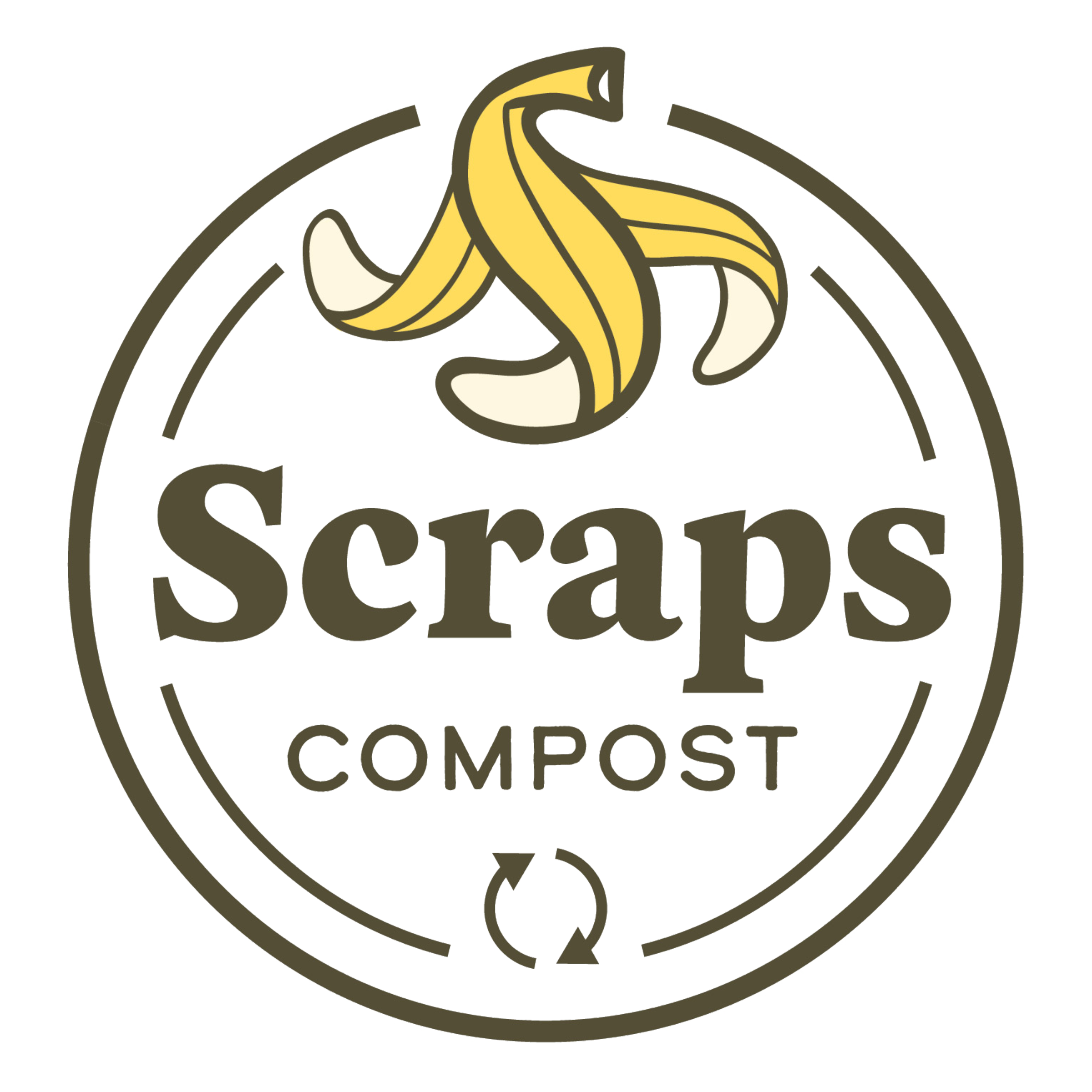The Future of Our Earth - Food Composting
Composting is a necessary eco-friendly process with numerous positive effects on the environment. Composting turns organic waste into nutrient-rich soil by utilizing the natural decomposition process, which promotes a healthier environment and a more sustainable future. In this essay, we examine the benefits of composting for the environment and why it is now an essential part of efforts to conserve the ecosystem.
First off, composting contributes to a decrease in the amount of organic waste dumped in landfills. Organic waste decomposes anaerobically in conventional landfills, releasing methane, a strong greenhouse gas that accelerates global warming. Composting considerably lowers methane emissions and, as a result, the carbon footprint of waste disposal by keeping organic waste out of landfills. This decrease in greenhouse gases aids in the fight against climate change and all of its negative effects on the environment.
Additionally, composting improves soil quality, which supports ecosystem balance and healthier plant growth. Compost is a useful soil conditioner that enhances water retention and soil structure. By adding vital nutrients and microbes that support healthy plant growth, it improves soil fertility. Greater biodiversity is a result of healthier soils, which foster a conducive habitat for beneficial insects, microbes, and plant life. A more sustainable ecosystem that is better able to endure environmental challenges is promoted by the increased biodiversity.
Thirdly, composting is essential for protecting water supplies. Compost lowers the requirement for irrigation through enhancing soil structure and water-holding capacity. In areas experiencing water scarcity or drought, this water-saving benefit is particularly significant. Composting offers a sustainable way to optimize water use in farming and gardening as water becomes a more valuable and scarce resource.
Additionally, composting prevents yard waste and food scraps from going to landfills, which lowers the amount of leachate—a poisonous liquid that can contaminate groundwater—produced. Water quality is seriously threatened by leachate, which can also be harmful to aquatic ecosystems and people’s health. Composting organic waste helps keep it out of landfills, protecting our water resources from pollution and maintaining the delicate balance of our aquatic ecosystems.
Composting also promotes a circular economy by closing the loop on organic waste. Composting turns garbage into a useful product rather than throwing away organic matter, which has the potential to be a valuable resource. By reusing resources sustainably, the resulting compost can be utilized to improve soil in gardens, farms, and urban environments.
In conclusion, composting is a potent and sustainable technique with many advantages for the environment. Composting actively contributes to a cleaner and more sustainable environment by lowering greenhouse gas emissions, improving soil quality, saving water resources, and fostering a circular economy. Composting adoption by people, businesses, and communities is a crucial step toward creating a more sustainable and resilient future. Composting must be emphasized and integrated into waste management procedures if we are to reduce global warming, protect biodiversity, and build a world based on sustainable and regenerative principles.

